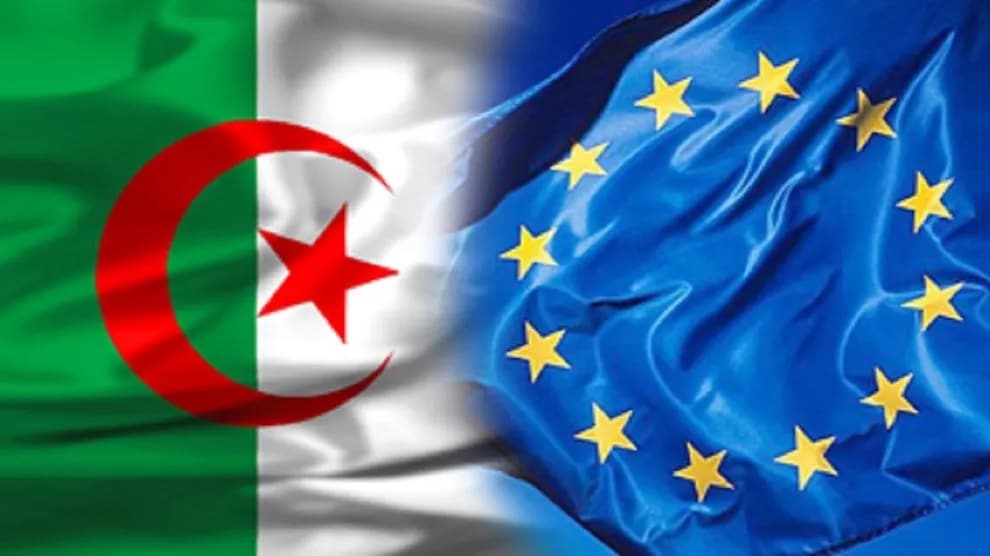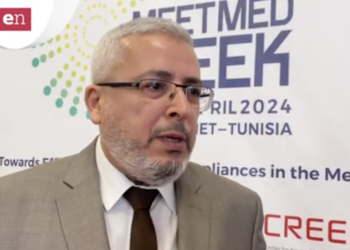Brussels – “In light of unsuccessful efforts to resolve the matter amicably,” the EU is breaking off and initiating dispute settlement proceedings against Algeria, which Brussels says is guilty of imposing several market access barriers for European companies. The Algerian authorities would thus be contravening trade liberalization commitments under the Agreement EU-Algeria Association Agreement of 2005.
Restrictions imposed on EU exports and investments began in 2021, immediately after the conclusion of an identical dispute initiated in June 2020 between Brussels and Algiers. Or better, ‘restarted,’ because the North African country introduced protectionist trade measures as early as 2015.
From agricultural products to the automotive sector, these restrictions include a licensing system “that has the effect of an import ban,” subsidies conditional on the use of local inputs for automobile manufacturers, and a limit on foreign ownership for companies importing goods into Algeria. Measures that “also harm Algerian consumers due to an unduly limited choice of products,” the European Commission argues.
Since 2015, the value of total EU exports to Algeria has steadily declined, from 22.3 billion euros to 14.9 billion in 2023. Conversely, EU imports from Algeria, dominated by mineral products, exceed 40 billion euros. Brussels raised its concerns with Algerian authorities and President Abdelmadjid Tebboune, but “without success.” Hence, the decision to refer the dispute to the EU-Algeria Association Council is the first step of a formal dispute settlement process provided for in the Association Agreement between the two partners.
Brussels “intends to find a mutually satisfactory solution during the dispute settlement consultations,” the European Commission assures. However, without an agreement, the EU will have the right under the Association Agreement to request the establishment of an arbitration panel and move to significantly heavier tones. With the risk, however, of compromising the EU strategy of diversifying energy supplies: after cutting gas imports from Russia, Algeria has become the second largest gas supplier to the EU. Not only that, at stake is also dialogue to initiate a partnership on renewable hydrogen.
English version by the Translation Service of Withub





